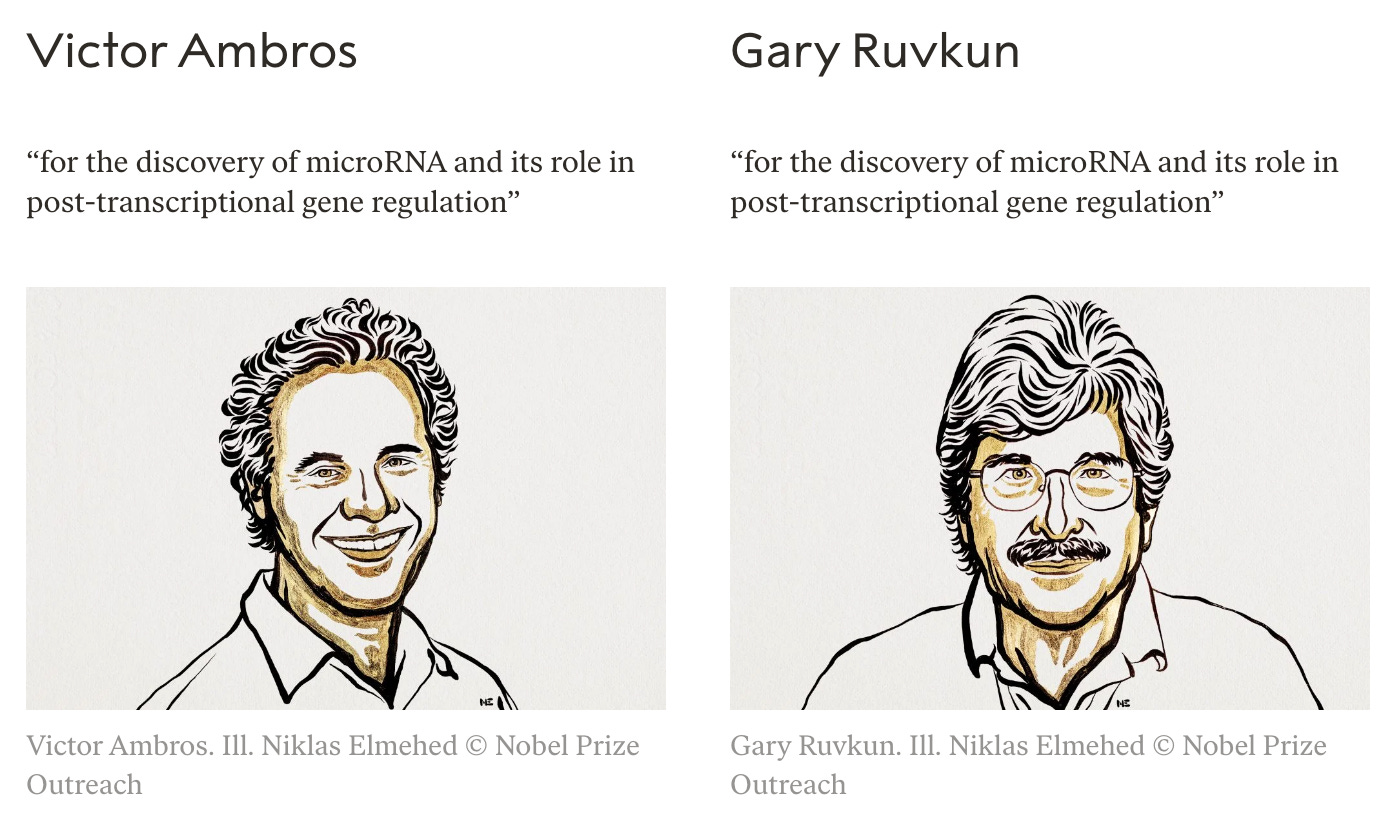The 2024 Nobel Prize Edition - Speciale Focus #24
Celebrating 2 years of Speciale Focus - Curating the best of DeepTech from around the world!
Using Physics to Find Patterns in Information - The Nobel Prize in Physics 2024
The 2024 Nobel Prize in Physics was awarded to John J. Hopfield and Geoffrey Hinton for their foundational work in machine learning using artificial neural networks. Hopfield introduced the Hopanalyzingwork, which uses physics-inspired energy landscapes to store and reconstruct information. This network simulates memory and associative recall, enabling the retrieval of distorted or incomplete data. Geoffrey Hinton expanded on these ideas by developing the Boltzmann machine, utilizing statistical physics to create networks that learn from examples and recognize patterns in data. Their work laid the groundwork for modern deep learning systems used in artificial intelligence today.
These breakthroughs have revolutionized machine learning by mimicking brain-like functions such as memory and learning, leading to applications in language translation, image recognition, and data analysis. The advances have not only propelled AI but have also been instrumental in scientific research, such as detecting gravitational waves and analyzing molecular structures, showcasing the synergy between physics and machine learning. Read More.
Predicting the Impossible - Protein Structures - The Nobel Prize in Chemistry 2024
The 2024 Nobel Prize in Chemistry recognized breakthroughs in protein science. David Baker was awarded for pioneering computational protein design, creating entirely new proteins with applications in medicine, nanotechnology, and environmental science. Meanwhile, Demis Hassabis and John Jumper of Google DeepMind were honored for AlphaFold2, an AI model that predicts protein structures with remarkable accuracy, solving a long-standing challenge in biology. Their work has revolutionized our understanding of proteins, enabling advancements in drug discovery, antibiotic resistance studies, and environmental solutions like plastic degradation.
These achievements highlight proteins as life’s essential chemical tools, emphasizing the transformative potential of computational methods and artificial intelligence in biology. AlphaFold2, for instance, has mapped the structures of over 200 million proteins, empowering researchers worldwide to explore new scientific frontiers. Read More.
Discovering a New Class of RNA - microRNA - The Nobel Prize in Physiology or Medicine 2024
The 2024 Nobel Prize in Physiology or Medicine was awarded to Victor Ambros and Gary Ruvkun for discovering microRNA and its role in post-transcriptional gene regulation. MicroRNAs are tiny RNA molecules that do not code for proteins but regulate gene activity by binding to messenger RNAs, controlling protein production. This discovery revealed a new, essential layer of gene regulation, conserved across evolution and critical for the development and function of multicellular organisms.
Their groundbreaking work, initially in the model organism C. elegans, demonstrated how microRNAs fine-tune gene expression, coordinating networks of genes essential for cellular function and organismal development. The research has far-reaching implications, including understanding diseases like cancer and congenital disorders caused by disrupted microRNA regulation, showcasing its significance for human health and evolution. Read More.
2 Years of Speciale Focus!
From the tiniest of subatomic particles to the endless cosmos, from time travel to warp drives, from geothermal energy to nuclear fusion, from RNAs to genomics, from Excel to OpenAI, from flying cars to spaceships, from the cretaceous to our very future - we’ve strived to cover the ULTIMATUM of HUMAN INGENUITY through our monthly newsletters.
A sincere thanks to all of our curious readers who tune in every month from across the world to discover advancements in humanity’s next frontiers. We will continue to do better!
For the Love of Science & Engineering, 🚀🔬🧬👽🌕☀️
Team Speciale Invest ❤️







